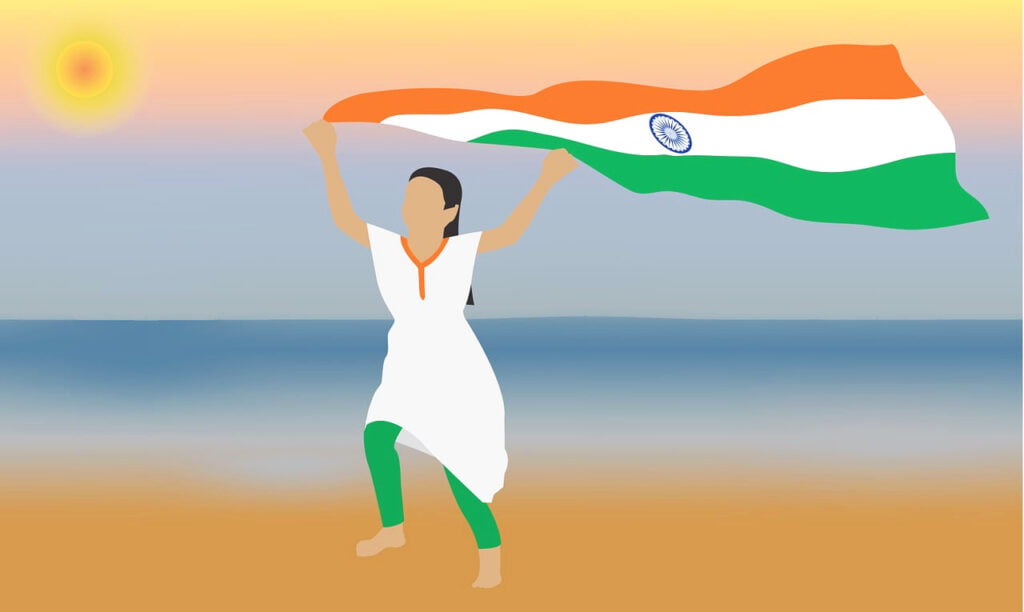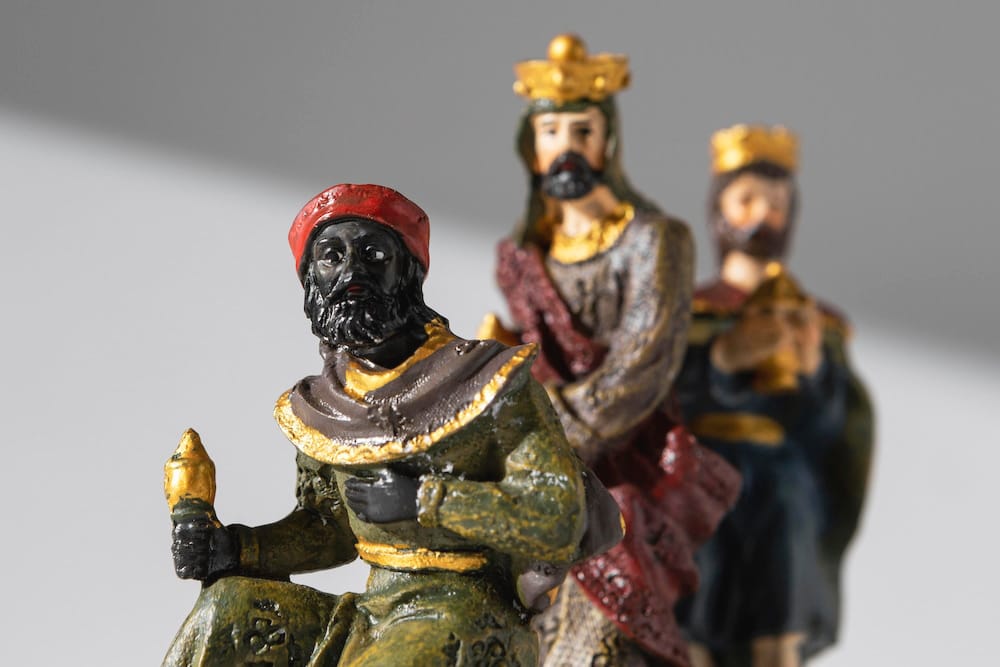As a child, Abraham Lincoln faced numerous hardships that left a lasting mark on his character. Growing up in a log cabin, losing his mother at a young age, and experiencing poverty shaped Lincoln’s perspective on life and leadership. His story reflects a broader truth: childhood experiences are fundamental to shaping who we become. The environment, challenges, and support we receive in our early years can determine our paths as adults. This article explores how the childhood experiences of famous historical figures shaped their lives, beliefs, and actions.
The Impact of Early Life Trauma
Adverse Childhood Experiences (ACEs) and their long-term effects
Research shows that adverse childhood experiences can lead to significant long-term issues. Statistics reveal that individuals with four or more ACEs are at a greater risk for numerous health problems, including depression, anxiety, and addiction. These studies underline the important link between early trauma and future life outcomes.
Case Study 1: Abraham Lincoln
Lincoln’s childhood was marked by trauma, including his mother’s death when he was just nine years old. This early loss instilled in him a deep sense of empathy and compassion. According to biographer Carl Sandburg, these experiences fueled his resolve to support the Union and fight against slavery, showing how personal tragedy can forge a strong moral compass.
Case Study 2: Winston Churchill
Winston Churchill faced significant challenges during his early years, including a strained relationship with his parents and struggles in school. Historian Geoffrey Best notes that these early adversities instilled resilience in Churchill, helping him develop a unique leadership style. He often turned his difficulties into strengths, shaping him into the steadfast leader during World War II.

The Role of Family Dynamics
Parental influence
Different parenting styles can create varied effects on children’s personalities. Research indicates that authoritative parenting, characterized by warmth and discipline, often fosters independence and self-esteem in children. In contrast, authoritarian styles may lead to rebellion or anxiety.
Sibling relationships and their impact
Sibling dynamics can greatly influence our development. For example, the rivalry between John and Robert Kennedy shaped John’s competitive nature and leadership abilities. This illustrates how sibling relationships can provide either a supportive platform or challenging obstacles.
Family socioeconomic status and its influence
A family’s economic background often dictates opportunities. For instance, individuals from wealthier households frequently have better access to education and resources. In contrast, those from less privileged backgrounds may face barriers that forge resilience and creativity.

Education and Mentorship
The power of education
Learning is essential for building a person’s future. Notable figures like Nelson Mandela often credit their educational opportunities as transformative experiences that helped define their paths. Formal and informal education awakened their ambitions and intellectual growth.
Impact of mentors and role models
Many famous historical figures had mentors who guided them. For instance, Benjamin Franklin benefited from guidance throughout his youth. His relationships with mentors encouraged his interests in science and diplomacy, emphasizing how influential role models can help shape future leaders.
Access to resources and its effect on opportunities
Access to educational resources, such as libraries and books, can be crucial. A lack of resources can hinder development, while abundant access often propels individuals toward success. The stories of famous writers and scientists reveal that a thirst for knowledge and emotional support can lead to great achievements.

The Influence of Societal Context
Historical events and their impact on childhood
Childhoods are often shaped by the major events happening around individuals. For example, those raised during economic depressions may develop frugality and resilience. Societal upheaval often influences priorities and motivations well into adulthood.
Cultural norms and values
Cultural values also play a significant role. Historical figures like Gandhi were deeply influenced by the norms of their societies, shaping their beliefs in peace and non-violence. The expectations placed on individuals often guide their choices and actions throughout their lives.
Social inequalities and their impact
Marginalized individuals often face challenges that inform their aspirations. The experiences of figures like Martin Luther King Jr. highlight how social injustices can fuel a passion for change. Their backgrounds become foundational elements in shaping their life-long missions.

Overcoming Childhood Challenges
Resilience and perseverance
Many famous individuals, like Oprah Winfrey, overcame significant childhood challenges. Born into poverty and facing various adversities, she emerged resilient and driven. Her story showcases the power of perseverance in achieving greatness.
Adaptability and resourcefulness
The ability to adapt is crucial in overcoming challenges. For instance, Thomas Edison faced numerous failures as a child, which taught him the value of experimentation and innovation. This resourcefulness became a hallmark of his contributions to science.
The importance of support systems
Support systems, including friends and communities, can make a difference. Figures like Frida Kahlo found strength in their connections, allowing them to navigate painful experiences and emerge with powerful artistic voices.
Conclusion
Childhood experiences significantly mold the lives of historical figures, shaping their decisions, beliefs, and impacts on society. The stories of prominent leaders, artists, and innovators remind us of the profound effects of our early years. These experiences not only define personal journeys but also help us understand the larger historical narratives. Reflecting on our own childhood experiences can provide insights into how they have shaped us as individuals. How have your early years influenced your life today?
Also Read: Exploring the Influence of Historical Figures on Our Modern World
Discover more from NoseyPepper
Subscribe to get the latest posts sent to your email.










Recent Comments